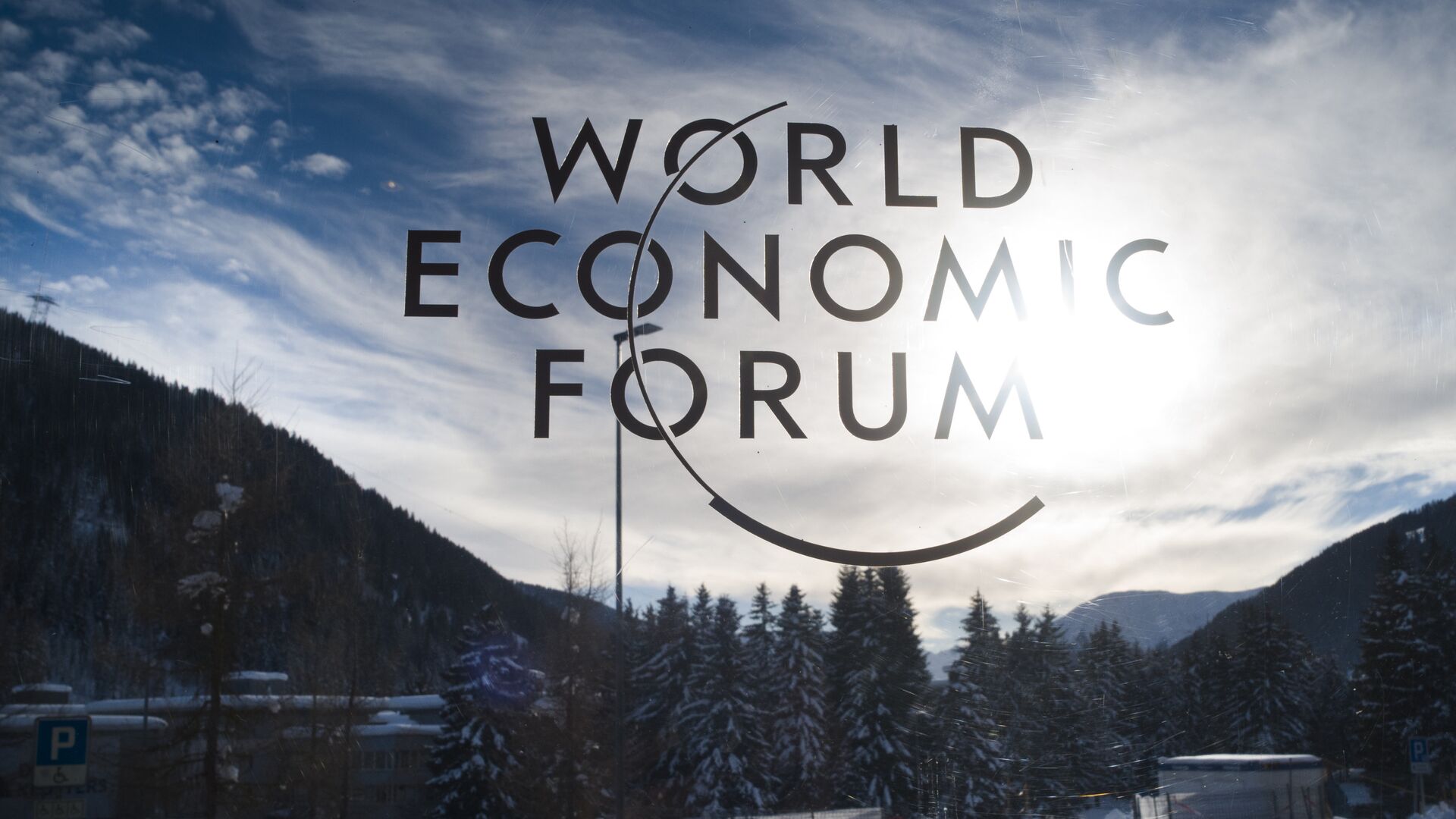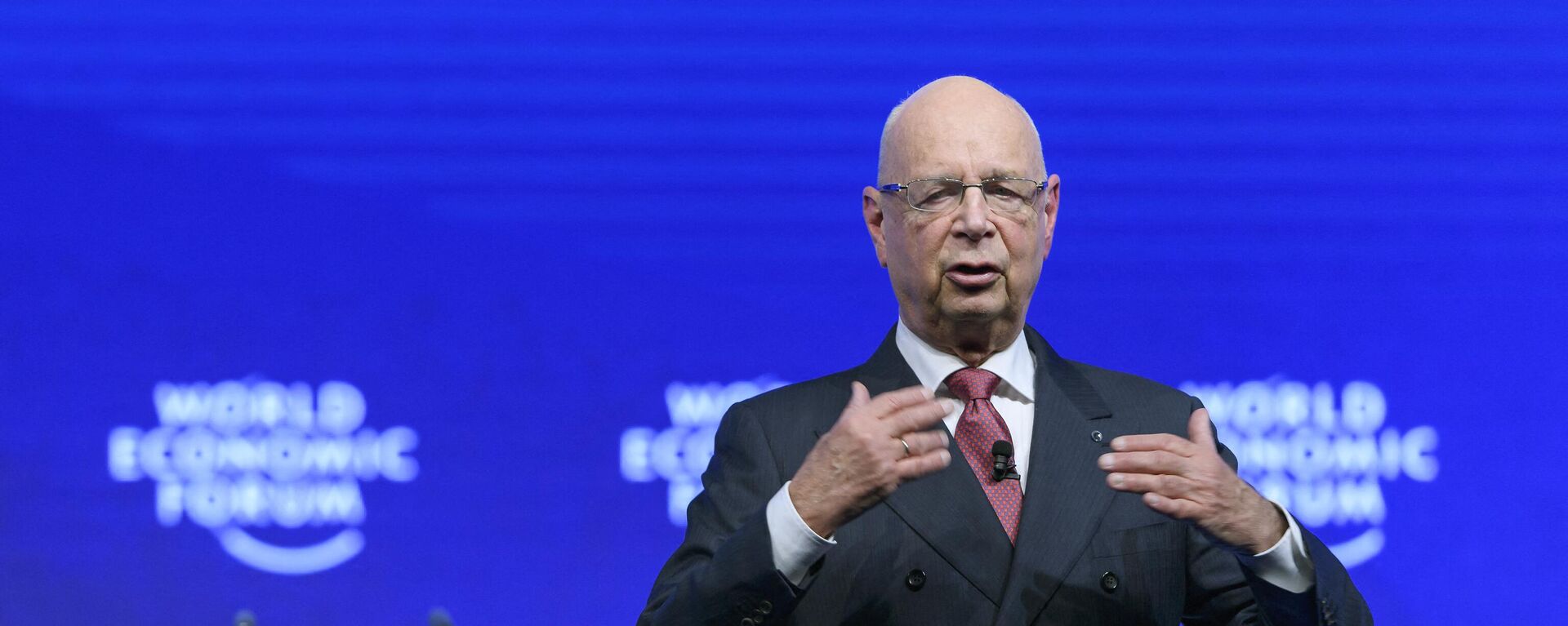What Bombastic Statements and Controversies Rocked WEF Gathering in Davos?
19:07 GMT 24.01.2025 (Updated: 19:09 GMT 24.01.2025)

© AP Photo / Markus Schreiber
Subscribe
The annual gathering of the rich and powerful – and occasional entertainers like Zelensky – that is the World Economic Forum in Davos is now more known for its attendees making bombastic statements than for actually changing the world for the better.
Here are a few highlights:
Spanish Prime Minister Pedro Sanchez proposed to "end anonymity on social media" to tackle misinformation, hate speech, and cyber harassment.
Argentina's President Javier Milei slammed "woke ideology" as a "cancer" the West needs to cure.
Antoine Hubert, CEO of alt food firm Ynsect, called to boost insect farming to feed the growing population, but didn't say if elites would be eating insects too.
NATO Secretary General Mark Rutte insisted that Ukraine’s backers must “change the trajectory” of the Ukrainian conflict as “the frontline is moving in the wrong direction – it is going eastwards,” when in fact Russian troops are currently driving Ukrainian forces westwards.
UN Secretary General António Guterres warned that "our fossil fuel addiction is a Frankenstein monster," calling out companies backtracking on climate promises.
Controversies beyond the statements:
Many attendees advocate for climate change action but travel to Davos in private jets, emitting carbon.
In 2024, a former WEF employee sued the organization for discrimination against Black workers.
According to a high-end escort, some WEF attendees think climate change only affects "third world countries" while "we in the North are fine."


